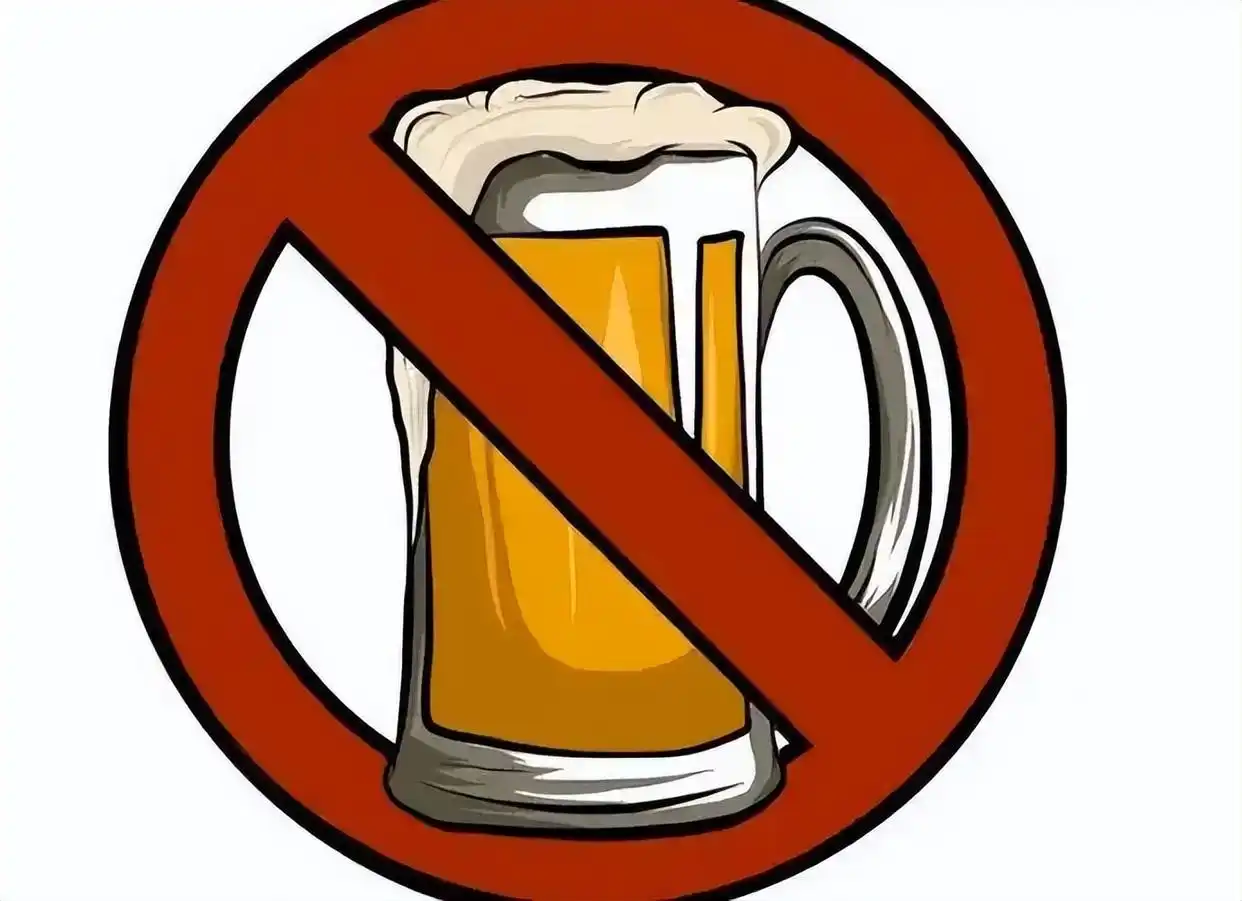Navigating Snack Choices: Why to Steer Clear of Vegetarian Snacks During Alcohol Cessation
When embarking on the journey of alcohol cessation, many individuals turn to snacks as a way to cope with cravings, fill the void left by alcohol, or simply to keep their hands and minds occupied. While snacking can indeed be a helpful strategy, not all snacks are created equal—especially when it comes to vegetarian options. It might seem counterintuitive at first, as vegetarian snacks are often perceived as healthier alternatives. However, during alcohol cessation, certain vegetarian snacks can inadvertently hinder progress, exacerbate withdrawal symptoms, or even trigger relapses. This article explores why avoiding specific types of vegetarian snacks is crucial during this sensitive period and offers guidance on making smarter dietary choices.
Understanding the Challenges of Alcohol Cessation
Alcohol cessation is a multifaceted process that involves physical, psychological, and emotional adjustments. The body, accustomed to the regular intake of alcohol, undergoes significant changes as it detoxifies. Common withdrawal symptoms include anxiety, irritability, insomnia, and cravings—all of which can be influenced by diet. Nutrition plays a pivotal role in managing these symptoms and supporting overall recovery. Unfortunately, many people, in their quest to find comfort, reach for snacks that provide immediate gratification but little nutritional value, or worse, snacks that can disrupt blood sugar levels and mood stability.

The Pitfalls of Vegetarian Snacks
Vegetarian snacks are often marketed as healthy, but many are highly processed, loaded with sugars, refined carbohydrates, and unhealthy fats. Here’s why some of these snacks can be problematic during alcohol cessation:
1. High Sugar Content
Many vegetarian snacks, such as fruit bars, sweetened yogurts, or granola bars, contain high amounts of added sugars. While they may provide a quick energy boost, they can lead to blood sugar spikes and crashes. For someone in alcohol recovery, unstable blood sugar levels can mimic the feelings of anxiety and irritability associated with withdrawal, making it harder to stay calm and focused. Moreover, sugar can activate the same reward pathways in the brain as alcohol, potentially intensifying cravings.
2. Refined Carbohydrates
Snacks like crackers, pretzels, or white bread-based items are common vegetarian options that are high in refined carbs. These carbohydrates break down quickly into sugar, leading to similar issues as high-sugar snacks. They offer little satiety and can leave you feeling hungry soon after consumption, which may lead to overeating or seeking out more snacks—a cycle that can be particularly challenging when trying to establish new, healthier habits.
3. Processed Ingredients
Many packaged vegetarian snacks contain artificial flavors, preservatives, and high levels of sodium. These ingredients can disrupt gut health, which is increasingly linked to mood regulation through the gut-brain axis. During alcohol cessation, maintaining a healthy gut is essential for emotional stability, as imbalances can contribute to feelings of depression or anxiety.
4. Lack of Satiety and Nutrient Density
While vegetarian snacks can be nutritious if whole and unprocessed, many convenient options lack protein, healthy fats, and fiber—key nutrients that promote satiety and stabilize mood. Without these, snacks may fail to keep you full or satisfied, leading to increased snacking frequency and potential weight gain, which can be discouraging during recovery.
Healthier Alternatives to Consider
Avoiding problematic vegetarian snacks doesn’t mean giving up snacking altogether. Instead, it’s about making mindful choices that support your body’s needs during alcohol cessation. Here are some better options:
1. Protein-Rich Snacks
Incorporate snacks that are high in protein, such as hummus with vegetable sticks, a handful of nuts, or Greek yogurt (unsweetened). Protein helps stabilize blood sugar levels and keeps you full longer, reducing the urge to snack excessively.
2. Healthy Fats
Avocado, olives, or a small portion of nuts and seeds provide healthy fats that support brain health and mood regulation. These fats are digested slowly, helping to maintain energy levels without spikes and crashes.
3. Fiber-Filled Options
Choose snacks high in fiber, such as raw vegetables, whole fruits, or whole-grain crackers. Fiber aids digestion, promotes satiety, and helps maintain steady blood sugar levels.
4. Hydration-Focused Snacks
Sometimes, thirst is mistaken for hunger. Snacks with high water content, like cucumber slices, watermelon, or celery, can help keep you hydrated while providing minimal calories. Herbal teas or infused water can also be great alternatives to curb the desire to snack unnecessarily.
The Psychological Aspect of Snacking
Beyond the physical implications, snacking during alcohol cessation often serves an emotional purpose. It can be a way to deal with boredom, stress, or the habit of having something in hand that was previously occupied by a drink. Therefore, it’s important to address the root causes of snacking. Mindfulness practices, such as recognizing whether you’re truly hungry or just seeking comfort, can help. Engaging in activities like walking, reading, or hobbies can also divert attention away from unnecessary snacking.
Conclusion
Alcohol cessation is a commendable journey that requires holistic support, including dietary choices. While vegetarian snacks might seem like a healthy go-to, many can undermine your efforts by disrupting blood sugar, exacerbating withdrawal symptoms, or triggering cravings. By opting for nutrient-dense, whole-food snacks and addressing the emotional aspects of eating, you can better support your body and mind during this critical time. Remember, the goal isn’t to eliminate snacking but to make it work for you—providing sustenance and comfort without compromising your progress toward a healthier, alcohol-free life.




发表评论